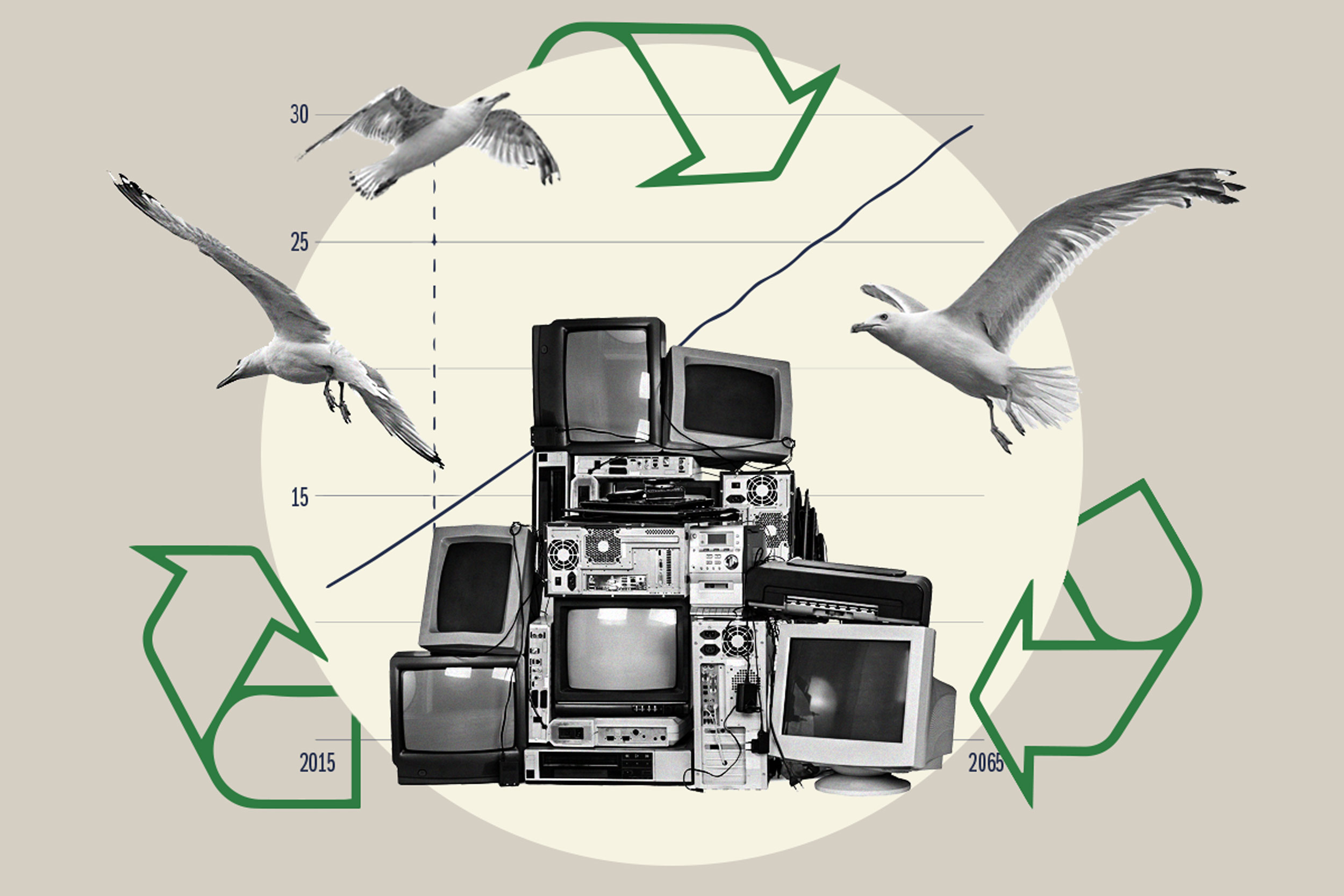From fitness watches to pollution detectors to E-ZPass electronic toll collectors, devices connected to the internet are everywhere. They improve our quality of life, but also consume power and often wind up in landfills. And they alter our behaviors in ways we’re not even aware of.
Andrew Li, a rising University of Virginia fourth-year student double-majoring in computer science and economics, earned a unique opportunity to dive into the global debate about what engineers call the “internet of things.”
Li is a co-author of the lead article, “Earth’s Electronic Skin,” in the March-April issue of The Environmental Forum, the Washington, D.C.-based Environmental Law Institute’s journal for its more than 2,300 members. Although many undergraduate students conduct research, the opportunities to publish articles in journals or professional publications are rare than for graduate students.
Li’s co-author is Kasantha Moodley, former senior manager of the Environmental Law Institute’s Innovation Lab, where Li completed an internship. The lab’s team focuses on the environmental implications of the digital economy and emerging technology.
The title of the article came from a sociologist’s 1999 prediction that Earth would eventually wear an internet-powered “skin” that would sense and transmit every human activity.






